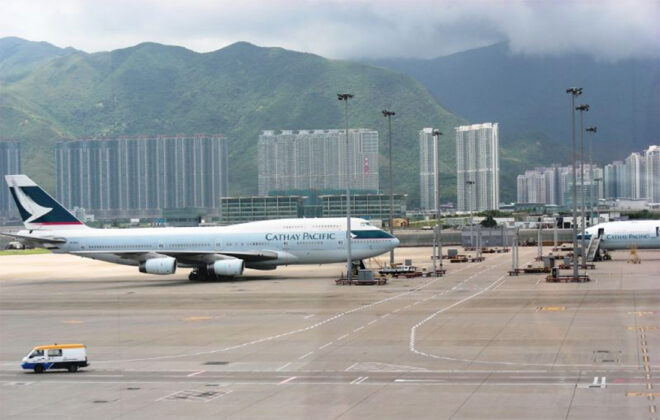‘The secret to face challenges is to preserve the team’
Much is discussed about the legacy that the experience of the new coronavirus can leave for the planet. Home office, distance learning, less traffic and more time for the family? One can even learn a lot from the pandemic, which is capable of reframing values, sectors and the way we relate to each other. For foreign trade and logistics, sars-cov-2 gave a profound meaning: never before has cargo transportation been as vital as it is now. For this reason, Craft has bet on preserving its team, allocated at home to keep operations running at full steam. These are some of the topics covered by Marcus Coelho, Craft’s financial director, in the interview below.
At a time as the present one, of social isolation and maintenance of essential services for the preservation of life, what is the role of foreign trade and logistics? The role of foreign trade and logistics in this unique moment takes on greater relevance, facilitating the flow of vital equipment and materials when facing pandemic.
The biggest challenge seems to stay healthy in every way. How to keep your business financially healthy in this pandemic moment? Keeping the focus on business, seeking and creating new opportunities. For a company services company like ours, that means keep the personnel structure intact, united, preserving their knowledge and ability technique, keeping your DNA. Certainly, be aware of government benefits that support us is part of the equation for keep the company financially healthy.
How Craft has been reinventing itself of the challenges brought by the pandemic? I think our DNA has this, reinvention, and, at a time like this, this characteristic stands out more. An example of this are all the air charters that we closed in the last months. It was not an activity in which we had the expertise – no one until then talked about chartering passenger aircraft, after all – but we reinvented ourselves, we learned. We left zero and ahead for a total of fifteen chartered planes so far, with a bonus knowledge for future business.
Craft recently adopted the credit card as a means of payment. What advantages does it bring to the company? We understand that we need to offer our customers all the ease and option of payment and, thus, minimize delays. Often, a customer for a variety of reasons is unable to pay the full amount due, and through the card he will, for example, be able to split his payment with the administrator. The more options our customers have to pay us, we believe that the lower the default will be.
Is it possible to say that the biggest challenge has passed? I still do not believe that the biggest challenge has passed, I believe that the challenge is passing or, better, gradually decreasing in different parts of the world, but not here in Latin America. I believe that we will have a new reality and that it will take a long time for things to return to “normal”, if that “normal” will ever exist again.
What can we expect from the resumption, when all countries reopen their economies? I believe that we will have a slow return to the economy, with some countries and regions advancing a little more, others less. In addition, we will have, I believe, a new reality in the way of living, working and relating.
Do countries that already recovered from the pandemic, such as China, tend to benefit economically? I believe so, because they have the possibility to turn their savings in advance, even if they shift their focus to the home. As the world is at a standstill and the Chinese are no longer in a state of seclusion, they are able to provide internal economic leverage while other countries remain locked up.
Much is said about a “new normal”: the behavior that the world would have after the arrival of the new coronavirus, with greater hygiene and social distance. In your opinion, what changes have come to stay in business? I think some changes will be temporary, because people have different characteristics. Social distancing for the Latin people, for example, I believe tends to be temporary. On the other hand, the pandemic has provided paradigm breaks that I do not believe will be set back. The issue of the “home office” I am sure it is here to stay, of course in a structured way, but we will hardly go back to the time when this was still viewed with fear by many companies. Electronic purchases, the increase in the flow of deliveries, the shortening of distance from video conferences, all came to be more powerful. In our segment, for example, which still had practices until then and needed to reinvent itself, I am sure that we will hardly return to the previous model. The fact is that, in a way, dynamism has been created in many areas.



